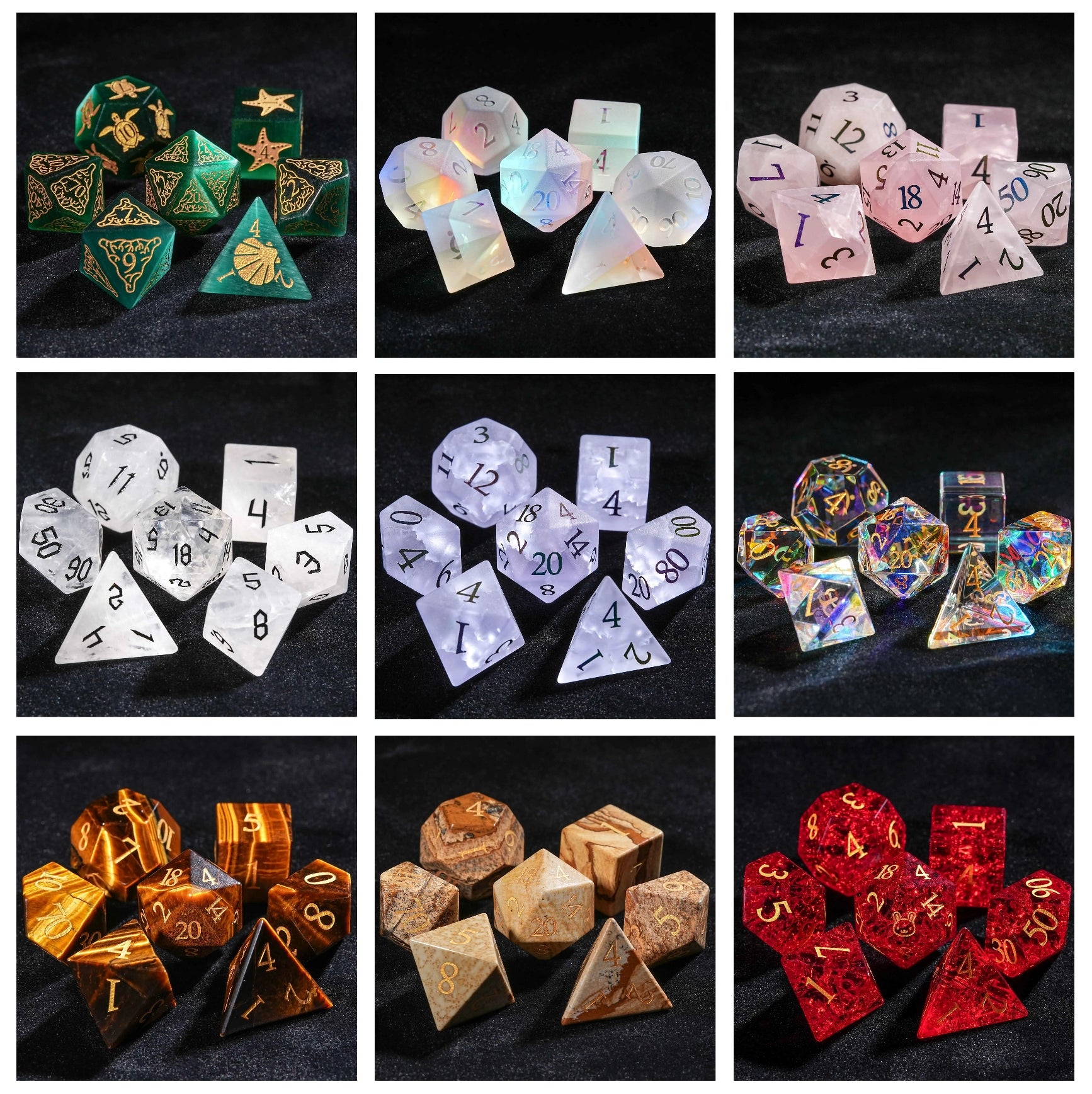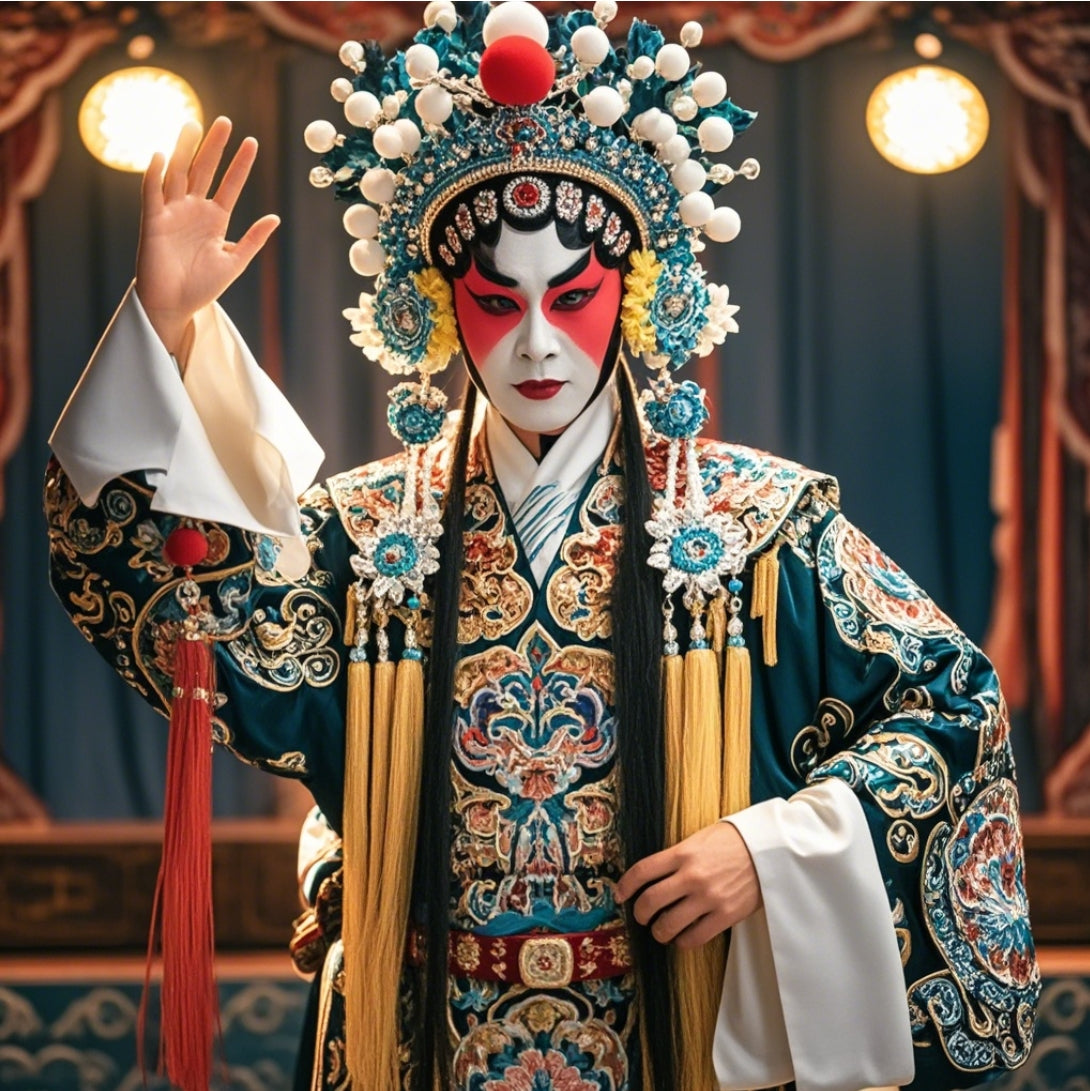Explore the Peking Opera Face Resin Dice Set: A Legend of Craftsmanship in Material and Craftsmanship
Resin material: light and agile, creative cornerstone
Light weight and comfortable experience
In the world of table games, a good set of dice not only needs to be aesthetically pleasing, but also needs to have a good user experience. Resin dice stand out with their unique lightness and have become a favorite among many players. The material makes the dice extremely light in the hand and does not burden the wrist even after long hours of play, ensuring that the player can fully concentrate on the fun of the game.
Plasticity and artistic expression
The resin material is highly malleable, making it ideal for expressing the intricate details of Peking Opera faces. Both the delicate contours of the face and subtle changes in expression can be accurately rendered in resin. The material acts as a soft but sturdy “sculpting clay”, providing artists with unlimited room for creativity, skillfully incorporating the beauty of traditional Chinese culture into the design of each die.

Cost-effectiveness and popularity
Considering the cost of production and the pricing strategy of the final product, resin also demonstrates its superiority. Compared to other expensive or difficult materials, resin is relatively inexpensive and easy to process, which means that more people can own a set of dice that is both aesthetically pleasing and culturally relevant at a reasonable price, thus contributing to the dissemination and development of culture.

Craftsmanship: fine carving and craftsmanship
Mold production and dimensional accuracy
The entire production process begins with the mold design stage, where craftsmen carefully create molds based on specific images of Peking Opera faces to ensure that every detail is faithfully reproduced. This stage is crucial to ensure that the dice have a regular shape and proportions, and lays a good foundation for the subsequent steps.

Pouring and molding and preliminary shaping
The next step is the pouring process, in which the liquid resin is carefully injected into the pre-prepared mold. As the resin cures, a preliminary shape of the dice is created. At this point, it is difficult to see the final result, but you can already get a sense of what the finished product will look like.

Fine polishing and texture enhancement
In order to achieve the best feel in the hand, each die is meticulously hand-polished. Sandpaper and other tools are used to remove surface burrs and round the edges, enhancing the overall feel and durability of the dice, making them more comfortable and enjoyable to play.

Color treatment and color durability
The final step is coloring, which is the key to giving life to the resin dice. Based on the principle of color matching in traditional opera, the craftsmen use environmentally friendly and non-toxic pigments for coloring, and apply special techniques to ensure that the colors are not easy to come off. As a result, whether they shine in bright light or emit a mysterious glow in the dark, these oriental dice can always attract people's attention and become a bright landscape on the table.





Leave a comment
This site is protected by hCaptcha and the hCaptcha Privacy Policy and Terms of Service apply.